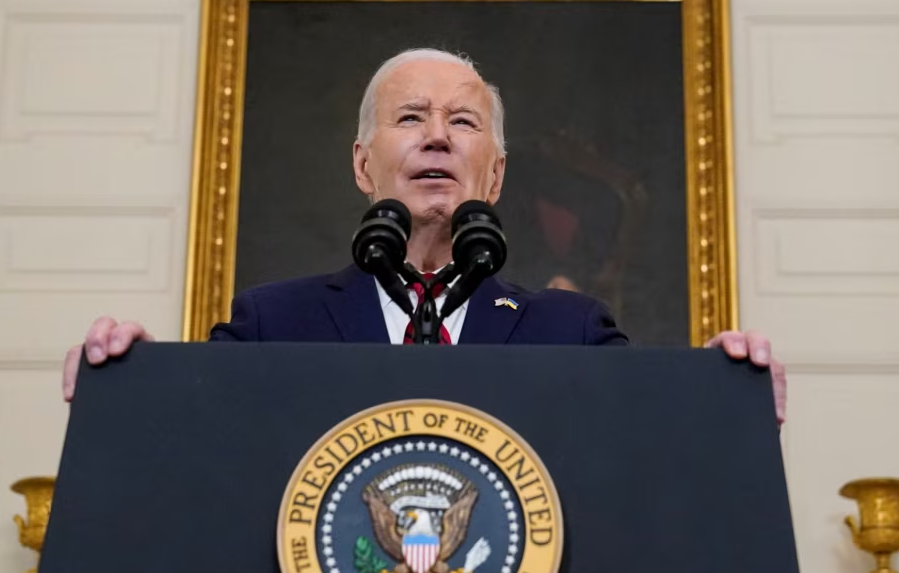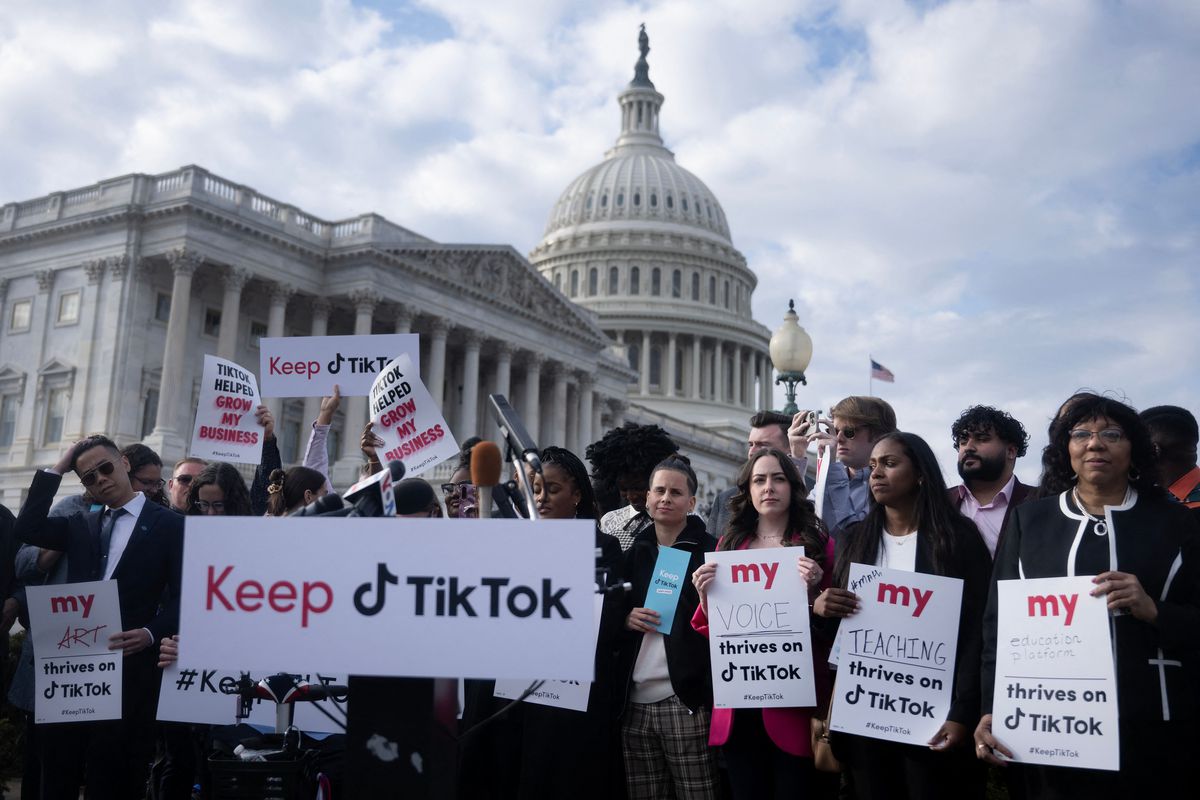Philip Cunningham, Independent Scholar
Jan 31, 2025
The TikTok ban has driven disaffected American youth to the Chinese app, Xiaohongshu. While TikTok’s corporate lobbying backfired, Xiaohongshu’s mix of irony and subversion offers a new outlet—whether lasting or fleeting remains to be seen.

Sun Chenghao, Fellow, Center for International Security and Strategy of Tsinghua University; Munich Young Leader 2025
Ezgi Koklen, Research Assistant, Ankara Center for Crisis and Policy Studies
Apr 26, 2024
While the United States has come through for its allies in Europe, Israel and Ukraine for now, there is reason for concern. Depending on who is elected U.S. president in November, securing further U.S. support could become increasingly difficult. If Donald Trump wins, there could be trouble ahead.

Doug Bandow, Senior Fellow, Cato Institute
Apr 19, 2024
The proposed legislation to ban TikTok in the United States reflects unfounded fears of Chinese influence and undermines principles of free speech and digital competition. While concerns over data privacy and manipulation exist, banning TikTok is an overreach that could harm American businesses and international reputation without addressing more pressing issues.
Harvey Dzodin, Senior Fellow, Center for China and Globalization
Mar 27, 2024
The US was shocked out of its 20th century global isolationism on December 7, 1941 when Japan attacked Pearl Harbor. Ever since that era when a dirt-poor, war-torn China was still being derided as the “sick man of Asia”, the US has kept trying to maintain its lock on advanced technological global hegemony, doing whatever it takes to be #1, albeit with declining success.

Yu Xiang, Senior Fellow, China Construction Bank Research Institute
Mar 25, 2024
Security threat worries are unfounded. A ban of the platform would only undermine the confidence of international investors and pose significant risks to global economic development. Investors should pay close attention to these risks when making investment decisions.
Philip Cunningham, Independent Scholar
Mar 22, 2024
What’s the future of TikTok in the U.S.? American politics tend to obscure the nuanced technological issues at hand, and policymakers should shift towards regulating social media platforms as public utilities rather than focusing solely on ownership disputes.
Leonardo Dinic, Advisor to the CroAsia Institute
Jan 11, 2023
National security and data risk concerns between the U.S. and China are continuously increasing, potentially leading to a ‘Cold War’ between the two countries.
Sara Hsu, Visiting Scholar at Fudan University
May 27, 2021
Though China’s invasive data security laws are oft criticized abroad, China is on the way to implementing a comprehensive national regulatory framework protecting personal privacy online.
Eric Harwit, Professor, University of Hawaii Asian Studies Program
Mar 03, 2021
Trump’s hardline stance against Chinese influence put popular apps TikTok and WeChat in the crosshairs during his final year in office, but his predecessor shares with him a history of restricting Chinese tech companies in the U.S. as well.
Shang-Jin Wei, Professor, Finance and Economics at Columbia University
Aug 16, 2020
Shortly after US President Donald Trump issued an executive order effectively banning the Chinese-owned social-media app TikTok, he issued a second order prohibiting “any transaction that is related to WeChat by any person … as identified by the Secretary of Commerce.”